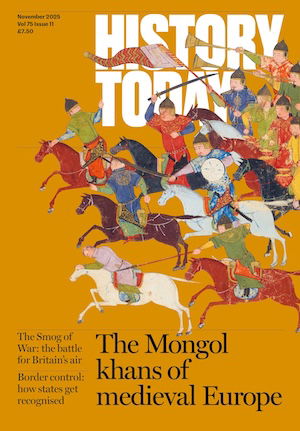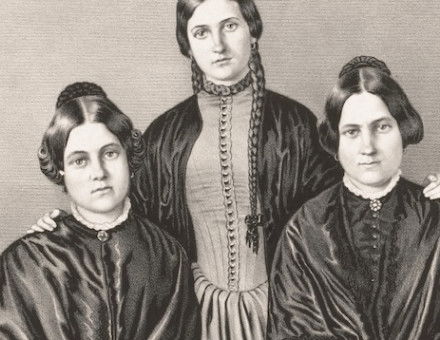America, Israel and the Six Day War
The Six Day War spawned the special relationship between Israel and the United States of America. Elizabeth Stephens explores the cultural backdrop to this momentous development which resonates in the Middle East to this day.
The Six Day War that erupted on June 5th, 1967, was a profound event in Middle Eastern history that reshaped the political landscape of the region and redrew the boundaries of the state of Israel. But its consequences are far wider reaching. In its lightning victory against the Soviet-supported Arab states of Egypt and Syria, and the pro-Western kingdom of Jordan, Israel not only re-wrote the political and military geography of the Middle East, it accelerated the pace of cultural identification between Israel and America. The short conflict was of far greater significance in consolidating the ‘special relationship’ between Israel and the world’s greatest superpower than Truman’s recognition of the Jewish state in 1948. The events surrounding the war brought together the strains of a cultural identification that underpins one of the most enduring, potent and anomalous alliances of the twenty-first century.





